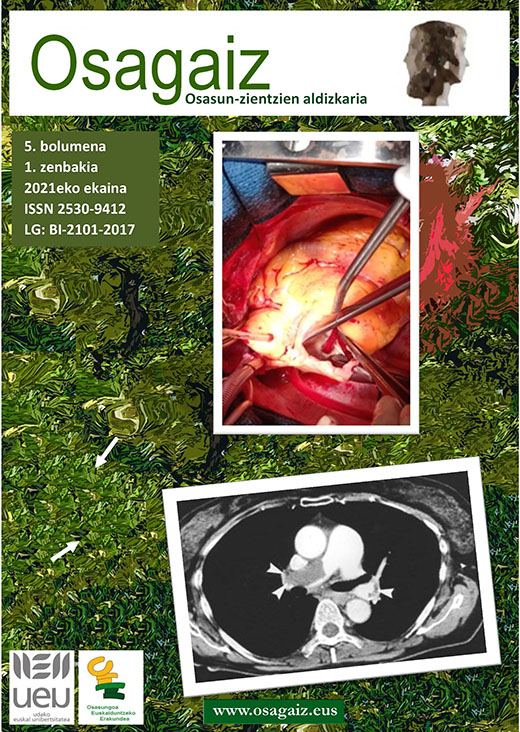Abstract
Background: We mean to assess the existing evidence of automatic translators. The Basque Health Organisation (Osakidetza) is developing such a tool.
Methods: We searched 2 databases for studies evaluating the use of automatic translators in healthcare systems: Pubmed and Clinical Key. 9 articles were considered suitable for the review, 8 studies and an expert opinion. The main outcome measures were shown as surveys on doctors, patients and professional translators, with a study that reported its outcomes as number of translation errors (adjusted by lexical density) and another one as the BLEU and PER score assigned to the translation items.
Results: No app should replace a professional translator, regardless their positive results. Apps are limited for an effective clinical activity. None establish a clinical situation based only in the evaluated apps, keeping their suitability and applicability for when no other tool is available.
Discussion: The quality of the evidence of these articles was low. No clinical trial was carried out, and only 3 studies are not in vitro. Conclusions should be cautiously accepted, and apps only used as supplementary tools. Automatic translation cannot be included among culturally competent or safe standards, but as a last option.
Conclusion: Automatic translators have not shown efficiency, accuracy and suitability enough to be implemented on their own in healthcare. Language parity is the gold standard regarding language barriers rather than human translators. Research ethics demand alternatives that only aim to equal or improve it.

